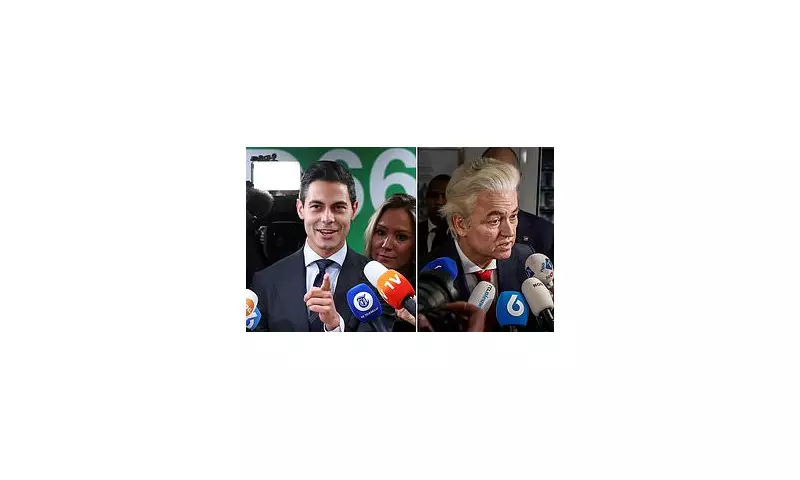
In a dramatic political turnaround that has sent shockwaves through Dutch politics, Geert Wilders' anti-Islam Freedom Party (PVV) appears poised to lose its commanding position as final vote counts reveal a significant surge for centrist rivals.
Election Night Drama Unfolds
What initially appeared to be a strong showing for Wilders' controversial party has transformed into a nail-biting contest as late-counted votes from major cities including Amsterdam, Rotterdam, and The Hague show dramatically different voting patterns. The centrist parties have mounted an impressive comeback, potentially reshaping the entire political landscape of the Netherlands.
Centrist Coalition Gains Momentum
As polling stations completed their tallies, the centre-left Labour/Green Left combination and other moderate parties demonstrated surprising strength in urban centres. Political analysts are describing the shift as "one of the most remarkable election reversals in recent European politics".
What This Means for Dutch Governance
The changing dynamics suggest that forming a stable governing coalition may prove challenging. While Wilders' party remains a significant force, its reduced position means the PVV will likely need to make substantial compromises to participate in any future government.
International observers are closely watching the developments, as the outcome could signal a broader trend in European politics away from hardline nationalist movements and toward more moderate, coalition-based governance.
Voter Sentiment Shifts
Early analysis suggests that concerns about economic stability and practical governance issues ultimately outweighed ideological positions for many Dutch voters. The final results indicate that while anti-immigration sentiment remains influential, voters may have hesitated to endorse Wilders' more radical proposals when faced with the reality of government formation.
The complete official results are expected to be confirmed within hours, but current projections point toward a fragmented parliament where no single party commands a clear majority, setting the stage for complex coalition negotiations in the coming weeks.





